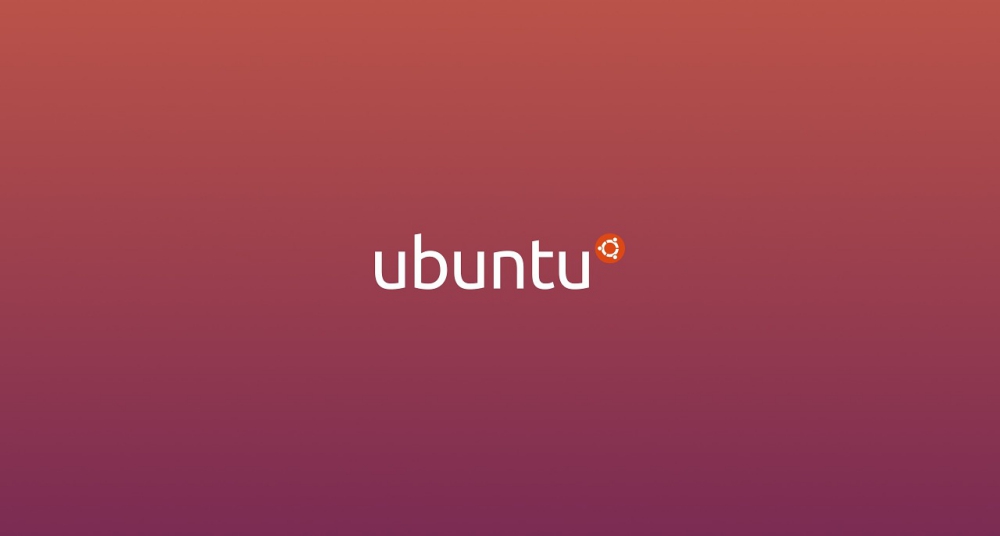
According to a recent release, Ubuntu 18.04 LTS, the newest version of the Linux distribution for workstations, cloud and IoT, is now available.
“Multi-cloud operations are the new normal” said Mark Shuttleworth, CEO, Canonical, and founder, Ubuntu. “Boot-time and performance-optimized images of Ubuntu 18.04 LTS on every major public cloud make it the fastest and most efficient OS for cloud computing, especially for storage and compute intensive tasks like machine learning.”
Kubeflow, the Google approach to TensorFlow on Kubernetes, and a range of CI/CD tools are integrated in Canonical Kubernetes and aligned with Google GKE for on-premise and on-cloud AI development.
“Having an OS that is tuned for advanced workloads such as AI and ML is critical to a high velocity team” said David Aronchick, Product Manager, Cloud AI, Google. “With the release of Ubuntu 18.04 LTS and Canonical's collaborations to the Kubeflow project, Canonical has provided both a familiar and highly performant operating system that works everywhere. Whether on-premise or in the cloud, software engineers and data scientists can use tools they are already familiar with, such as Ubuntu, Kubernetes and Kubeflow, and greatly accelerate their ability to deliver value for their customers.”
Hardware acceleration with NVIDIA GPUs is integrated in Ubuntu 18.04 LTS cloud images and Canonical’s OpenStack and Kubernetes distributions for on-premise bare metal operations, supporting Kubeflow and other machine learning / AI workflows.
Canonical’s Distribution of Kubernetes (CDK) runs on public clouds, VMware, OpenStack, and bare metal and delivers the latest upstream version, currently Kubernetes 1.10. After the initial three-step guided deployment, the distribution supports upgrades to future versions of Kubernetes, expansion of the Kubernetes cluster on demand, and integration with optional components for storage, networking and monitoring. A range of partners deliver their solutions on CDK, such as Rancher 2.0.
“Canonical and IBM have been working closely together to offer cloud solutions with Ubuntu on IBM LinuxONE and IBM Z. With today’s announcement of Ubuntu 18.04 LTS running on IBM LinuxONE and IBM Z with pervasive encryption, customers and service providers will be able to scale-up their containerized applications, manage them more easily with Kubernetes, and better protect them from external and internal attacks,” said Michael Desens, VP, Offering Management, IBM Z and LinuxONE, IBM.
Platform for AI and machine learning
CDK supports GPU acceleration of workloads using the NVIDIA device plugin for Kubernetes. Complex workloads like Kubeflow that leverage NVIDIA GPUs ‘just work’ on CDK, reflecting joint efforts with Google to accelerate machine learning in the enterprise and providing a portable way to develop and deploy ML applications at scale. Applications built and tested with Kubeflow and CDK are perfectly transportable to Google Cloud.
Containers for legacy workloads with LXD 3.0
LXD 3.0 enables ‘lift-and-shift’ of legacy workloads into containers for performance and density, an essential part of the enterprise container strategy. While new applications will be built with containers and Kubernetes in mind, the long tail of legacy applications represents the most immediate benefit for data center operators interested in containers.
LXD provides ‘machine containers’, which behave like virtual machines in that they contain a full and mutable Linux guest operating system such as Ubuntu, RHEL or CentOS. That provides a traditional administration environment for legacy applications, which run at bare metal speeds with no hypervisor latency. Customers using unsupported or end-of-life Linux environments that have not received fixes for critical issues like Meltdown and Spectre can lift and shift those workloads into LXD on Ubuntu 18.04 LTS with all the latest kernel security fixes.
Acceleration of snaps, deployed across desktop to the cloud
With more than 3,000 snaps published and millions installed, including official releases from Spotify, Skype, Slack and Firefox, snaps have become a popular way to get apps on Linux. Snaps are fully integrated in Ubuntu GNOME 18.04 LTS and KDE Neon. Publishers deliver updates directly and security is maintained with enhanced kernel isolation and system service mediation.
Snaps work on desktops, devices, cloud virtual machines and bare-metal servers, providing a consistent delivery mechanism for applications and frameworks. Having an identical platform from workstation to edge and cloud accelerates global deployments and operations. Ubuntu 18.04 LTS features a default GNOME desktop in a family of desktop flavours including KDE, MATE and Budgie.
“Dell EMC sees great value in Canonical’s Ubuntu 18.04 LTS release. Dell EMC and Canonical have a long-standing, forward-looking relationship that spans our client, IoT, and enterprise businesses,” said Ravi Pendekanti, SVP, product management and marketing, Dell EMC Server and Infrastructure Systems. “Our joint customers have come to expect seamless interoperability with our products, which we now extend with certification of our latest 14th Generation PowerEdge server platform on Ubuntu 18.04.”
Ken Briodagh is a writer and editor with more than a decade of experience under his belt. He is in love with technology and if he had his druthers would beta test everything from shoe phones to flying cars.Edited by
Ken Briodagh





